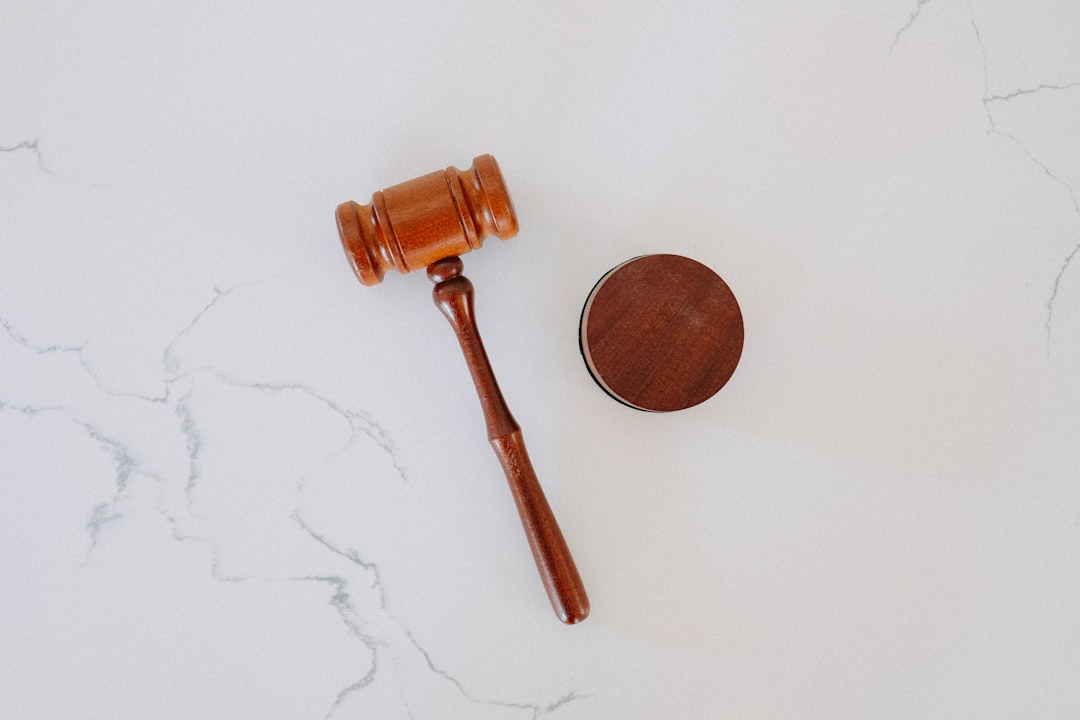Forensic interviews are a vital tool in Newark, NJ's fight against child sexual abuse, providing crucial evidence and support for survivors. Trained professionals conduct these sensitive conversations in a safe, non-judgmental manner, while sexual abuse lawyers work to preserve evidence integrity and protect victim rights. Best practices involve creating rapport, using age-appropriate language, and detailed note-taking. In New Jersey, these interviews are key to building compelling cases for justice, with lawyers playing a critical role in navigating legal complexities and supporting child victims through trust-building and non-threatening environments.
Forensic interviews play a pivotal role in Newark, New Jersey’s efforts to combat child sexual abuse. This article delves into the significance of these interviews and presents best practices for professionals conducting them. With a focus on Newark’s context, we explore effective strategies to ensure accurate information gathering from survivors. Furthermore, we discuss the legal implications and provide guidance for sexual abuse lawyers in NJ to effectively support victims through the justice system.
Understanding the Importance of Forensic Interviews in Child Sexual Abuse Cases
Forensic interviews play a pivotal role in Newark, New Jersey’s efforts to combat child sexual abuse. These specialized conversations, conducted by trained professionals, are crucial in gathering evidence and supporting survivors’ stories. When a child reports sexual abuse, a forensic interviewer steps into a delicate process, aiming to create a safe, non-judgmental space while extracting relevant information. This is particularly significant given the sensitive nature of the subject matter and the potential for trauma-induced amnesia or fear that may impact a child’s ability to recall details.
The expertise of a sexual abuse lawyer in New Jersey often involves collaboration with forensic interviewers to ensure the integrity of evidence and the protection of victims’ rights. These interviews are meticulously structured to minimize any potential harm or retraumatization, adhering to strict ethical guidelines. The insights gained from these sessions can be instrumental in legal proceedings, helping sexual abuse lawyers build compelling cases that seek justice for survivors and hold perpetrators accountable.
Best Practices for Conducting Effective Forensic Interviews in Newark, New Jersey
In Newark, New Jersey, conducting forensic interviews in child sexual abuse cases requires a delicate balance between sensitivity and effectiveness. Best practices emphasize creating a safe, non-judgmental environment to encourage open communication from young victims. This involves thorough training for interviewers, who should employ age-appropriate language and techniques tailored to the child’s developmental stage, ensuring their comfort and trust.
A crucial aspect is establishing rapport with the child, allowing them to share their experiences at their own pace. Interviewers must avoid leading questions and steer clear of suggestive language, as these can inadvertently influence the child’s testimony. Instead, open-ended queries encourage the child to narrate events freely, while consistent and careful note-taking ensures crucial details are not overlooked. Engaging parents or caregivers in this process, without dominating the conversation, provides additional context and support for the child. For sexual abuse lawyers in New Jersey, these best practices form a solid foundation to ensure the admissibility and reliability of forensic interviews as evidence.
Legal Implications and Support for Victims: A Guide for Sexual Abuse Lawyers in NJ
In New Jersey, sexual abuse lawyers play a pivotal role in navigating the legal complexities surrounding child sexual abuse cases. The state has stringent laws and procedures to protect victims and ensure justice for perpetrators. Understanding the legal implications is crucial for attorneys representing survivors of sexual assault, especially as these cases often involve sensitive and emotionally charged scenarios. A key aspect is recognizing the rights of victims, including their right to privacy, confidentiality, and support throughout the legal process.
Lawyers should be well-versed in the best practices for interviewing and supporting child victims, ensuring their safety and emotional well-being. This includes strategies to build trust, use age-appropriate language, and create a non-threatening environment. By adhering to these guidelines, sexual abuse lawyers in New Jersey can effectively represent their clients while also fostering an environment that supports and empowers survivors.





